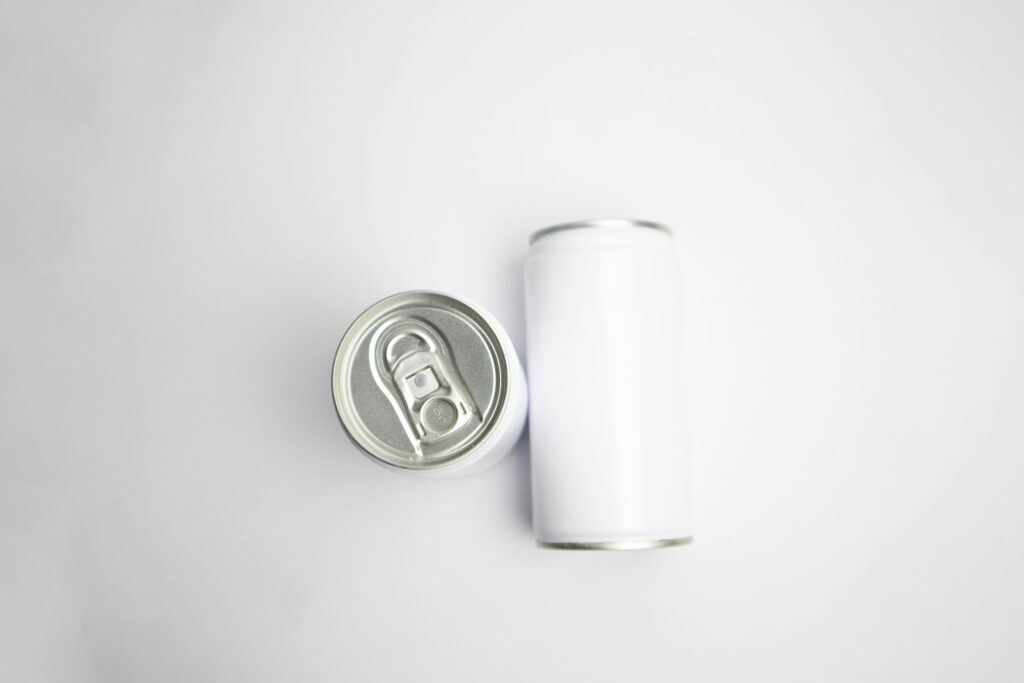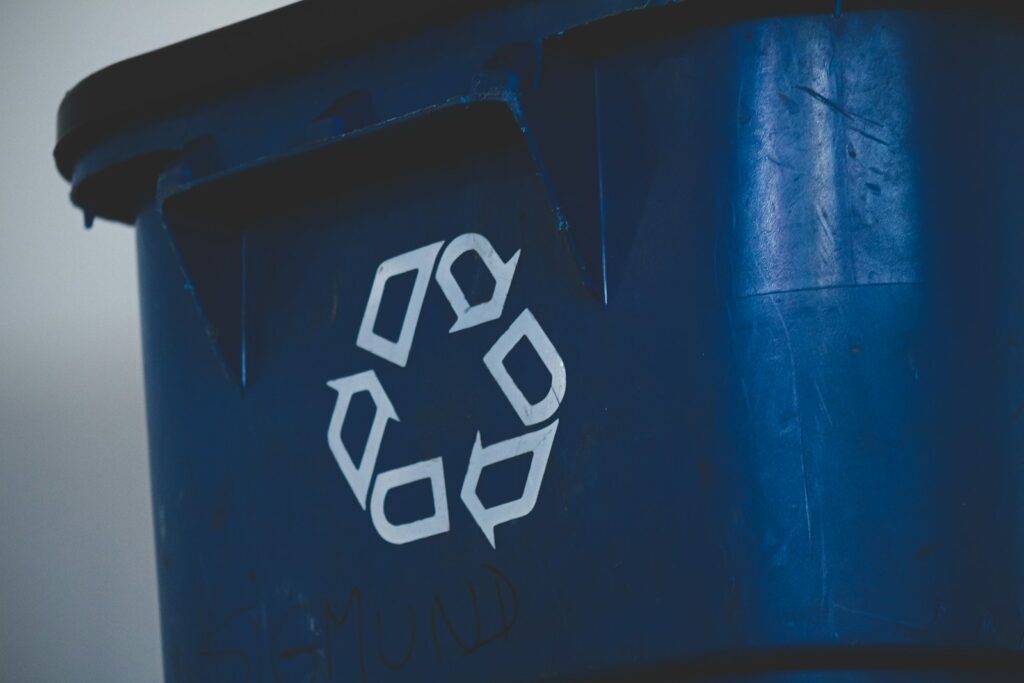With increasing pressure to reduce plastic packaging, the UK’s five major supermarkets have admitted to not always considering the full impact of the plastic-free alternatives which can be worse for the environment.
In a report published by Green Alliance, their Circular Economy Task Force interviewed representatives from five of the UK’s major supermarkets and five of the main consumer food and drink companies in order to understand the full picture of the transition away from plastic.
The report has revealed that decisions to ditch plastic are often made without considering the full environmental impact of the substitute material.
For example, UK supermarkets including Morrisons, Tesco and Sainsburys have all switched from single-use plastic bags to paper bags.
However, according to the report, this is cause for concern because paper bags require four times as much energy to manufacture than plastic bags.
One brand representative complained about misinformation being spread about the environmental benefits of non-plastic single-use packaging: ‘There has been no end to companies coming out and boasting about not using plastic, but instead, they’re using single-use glass and their carbon emissions are off the scale.’
The respondent expressed the need for supermarkets to work together to decide what to do with sustainable packaging, otherwise, there is a danger that the approaches from different companies will become incompatible.
All of the businesses agreed that the government and society as a whole should not only be thinking about tackling plastic pollution but also thinking about the environmental impacts of the replacement materials. They all agreed that in order to tackle this issue properly more strategic direction and intervention from the government is necessary.
One respondent said: ‘I’d like to have a more rounded, well-informed debate around plastic, we need to address water scarcity and carbon emissions, both of which are just as important in the long term.
‘The whole agenda needs to be more aligned and more encompassing with carbon. We’re so focused on the plastics that we seem to have lost sign of the impacts around climate.’
Photo Credit – Pixabay
















